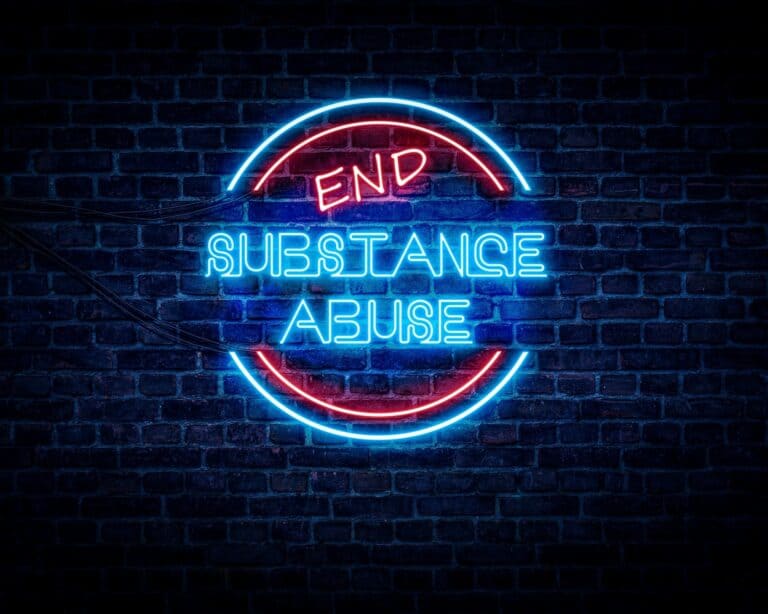Addiction Recovery
Explore articles about substance abuse, treatments available for those suffering from addiction, and helpful resources to better understand the challenges of substance abuse.

Choosing the Right Addiction Therapist After Rehab
Once you've completed addiction treatment and have left rehab, it's important to continue seeking emotional support and guidance. Addiction therapists…

Mental Health and Addiction: The Road to Recovery
Millions of people around the world suffer from mental illness and addiction. This is a complex and difficult situation to…

Winter Blues: Seasonal Affective Disorder (SAD) and Substance Abuse
The winter season can be a challenging time for many people. The shorter days, colder temperatures, and lack of sunlight…

Sober Vacation: Tips for Alcohol-Free Fun
It’s no secret that alcohol is a central part of many vacations. Whether it’s sipping cocktails on a sunny beach…

Women And Addiction: Unique Challenges in Treatment
Women face various factors that can contribute to substance use disorder and make recovery more challenging. Hormonal fluctuations, societal pressures,…

How To Overcome Substance Abuse in Boston
In Boston, a range of treatment options are available for individuals struggling with substance use disorders, addressing not only the…

Stop Enabling Substance Abuse and Start Supporting Addiction Recovery
Enabling behavior refers to actions that unintentionally support drinking or drug use while shielding the addicted person from natural consequences.…

Fentanyl Rehab Near Me
Fentanyl, a highly potent and addictive opioid, has emerged as the leading cause of opioid-related overdose deaths in recent times.…

What to Do If You’ve Relapsed After Detox
Addiction is a chronic and progressive disease, which means it can worsen over time and your symptoms can reappear if…

Where Can I Find Therapy for Alcoholism in the Boston Area?
Alcohol is widely available and accepted in American culture. Most adults in the United States drink alcohol occasionally, and some…

Why is Relapse So Common in Heroin Addicts and How Can You Find Treatment that Works?
Addiction is a chronic and relapsing disease, so relapse is a normal part of recovery for many people. In fact,…

How to Tell Your Kids You’re Going to Rehab
Drug and alcohol addiction can impact every aspect of your life and keep you from caring for even your most…












